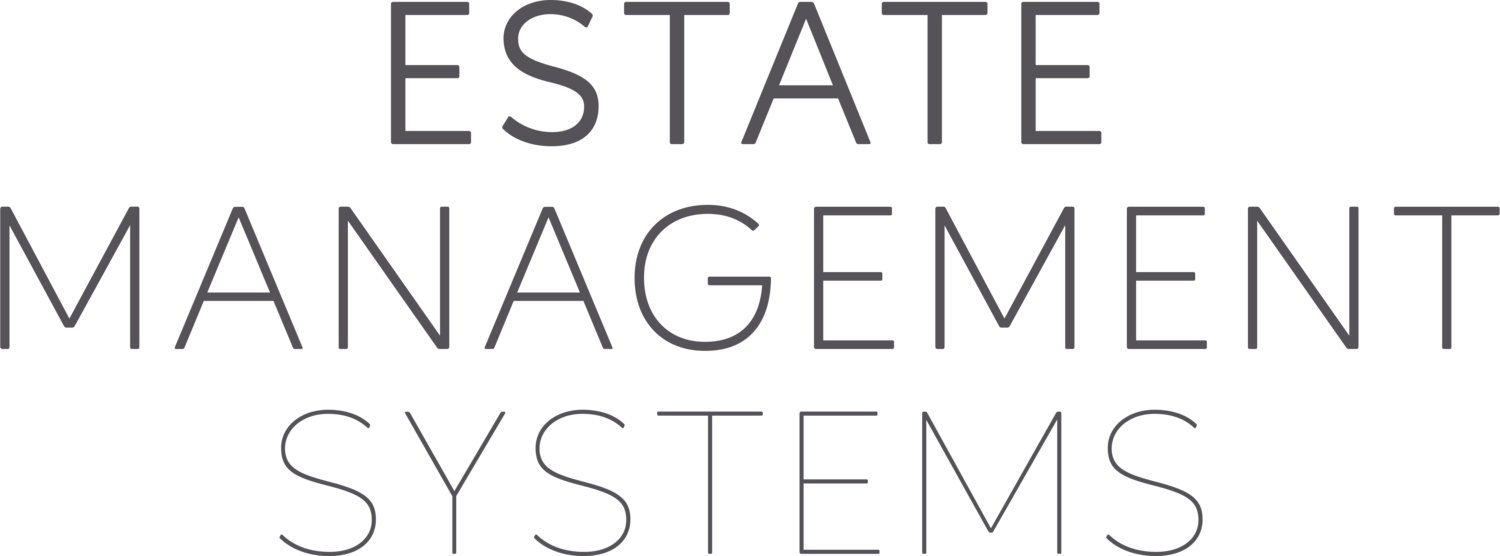My No. 1 Secret for Getting Things Done
Managing a large household with full-time staff is as complex as running a not-so-small business. Estate Managers who run that business make daily decisions that could impact their employment. Whether to use their professional experience to make “judgment calls” or ask for feedback relates to everything from construction details to selecting the proper timing to asking for a raise. It’s a gamble, knowing the response could be, “Why are you bothering me with this?” or “Why didn’t you just ask for my opinion?” One never knows which way this will go.
For an estate manager, fear of losing their job may cause them to hesitate on both big and small decisions that impact progress at your property. Incorrect assumptions can cause a homeowner to deem them "not the right fit.”
What’s my secret sauce for getting things done?
Implementing a proposal system
This ensures that staff work without assumptions while implementing homeowners’ preferences. This process requires clear communication and a structured approach to decision-making that engages staff members, empowers them to contribute their expertise, and maintains order in the household.
Proposals from staff should be well-thought-out and solution-oriented. Encourage your staff to identify problems or opportunities for improvement, and to come prepared with practical solutions. This level of preparation helps ensure that proposals are taken seriously and decisions can be made efficiently without the need to exchange more details.
When is a proposal needed?
When staff need to clarify the details of a homeowner request.
When an unexpected expense needs approval.
When new information has been obtained for a previous proposal.
Your estate manager should be the ultimate decision-maker about whether their staff needs to create a proposal.
When don’t you need a proposal?
Simple questions like, “Are we working over the Christmas holiday?”
Regular operational expense approvals within their operating budget (grocery shopping, fuel for vehicles, and dry cleaning are some examples).
What’s in a proposal?
Before getting started, do your research!
Suppose you need to hire new staff or purchase a work vehicle. Your staff should explore all possible options, address all questions, and determine the best solution to help you approve or deny their request – alleviating the burden from your shoulders. Remember, household staff exists to make the homeowner’s life easier.
Staff are hired for their expertise and should be empowered to make recommendations and support their decisions. In contrast, homeowners maintain control over aesthetics and budgets, rather than how tasks are executed.
Each proposal should be specific, bullet-pointed, and contain only pertinent information. If possible, keep these to one page.
Include:
State the problem – why is what’s being proposed needed?
Propose solutions – are there multiple options (Good, Better, and Best)?
Outline the pros (benefits) as well as the cons.
State the costs – was this included in your approved budget, or are additional funds needed?
When are answers needed?
Then, make a recommendation.
Submitting your proposal
Staff will send their proposal to the Estate Manager, Chief of Staff, or Director of Residences for review. After their questions are answered, the proposal should be submitted to the principals for feedback and approval. Once approval or feedback is received, staff will be notified of the next steps, including if, how, and when to go forward.
If there are questions about a project’s details,
refer to the document as a
REQUEST FOR INFORMATION (RFI) instead of a PROPOSAL.
The Results
Successfully implementing proposals and making decisions with full-time household staff requires clear communication, structured procedures, and a culture of accountability. By setting expectations, encouraging thoughtful proposals, and utilizing a decision-making framework, you can ensure that your household operates smoothly and efficiently. The one-page, bullet-pointed format makes the information easier to digest.
This approach allows both you and your staff to thrive in a well-managed environment, ensuring that homeowners’ needs are met and that they maintain control over household improvements and expenses. Estate Managers can confidently and efficiently complete projects.

